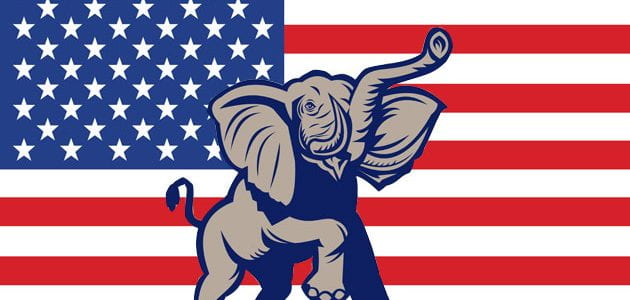The Future of the Republican Party: A Conversation



The American Enterprise Institute and the CMC Salvatori Center hosted a panel of experts to assess whether Congress can regain control over the nation’s finances and thus fortify representative government. Policy Lab Director Zachary Courser, co-author of the AEI report “Restoring the power of the purse: Earmarks and re-empowering legislators to deliver local benefits,” discussed how the 2011 abolition of earmarking did little to control spending and effectively transferred to the executive branch the power to direct funds. The imminent return of earmarks could increase bipartisanship while tangibly benefitting legislators’ districts.

The American Enterprise Institute and the CMC Salvatori Center hosted a panel of experts to assess whether Congress can regain control over the nation’s finances and thus fortify representative government. Policy Lab Director Zachary Courser, co-author of the AEI report “Restoring the power of the purse: Earmarks and re-empowering legislators to deliver local benefits,” discussed how the 2011 abolition of earmarking did little to control spending and effectively transferred to the executive branch the power to direct funds. The imminent return of earmarks could increase bipartisanship while tangibly benefitting legislators’ districts.

CMC’s Zachary Courser, Jack Pitney, and Andrew Sinclair, all professors in the government department, are joined by Sara Sadhwani, professor of politics at Pomona College, to look ahead at the results of the 2020 general election. The panel offered insights and analysis on the presidential race, as well as on other important election battles around the country.

Co-Director of the Policy Lab, Eric Helland, moderated a panel discussion at a RAND event on “Opioid Litigation: What’s New and What Does It Mean for Future Litigation?”

In Federalist 51, James Madison argued that as “the legislative authority necessarily predominates,” Congress needs to be divided into two branches to constrain its immense power. Two centuries later, it seems Madison’s fears were unfounded, with both the House and Senate increasingly delegating authority to the president, judiciary, or mushrooming administrative bodies. This dilution of Article I has not only destabilized our constitutional system but also catalyzed political polarization through the increasingly fraught battles consequently being waged over judicial appointments and presidential elections. Listen to Policy Lab Co-Director Zachary Courser lead a discussion with congressional scholars on ways congress may restore its legislative authority.

Co-Director of the Policy Lab, Zachary Courser, discusses Congress’s constitutional powers to regulate federal elections to ensure their legitimacy, and considers the limits of regulating disputed or disrupted federal and state elections.